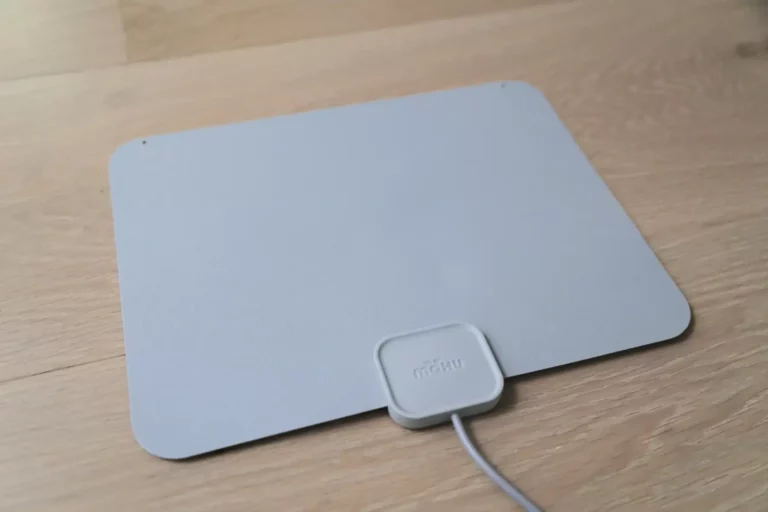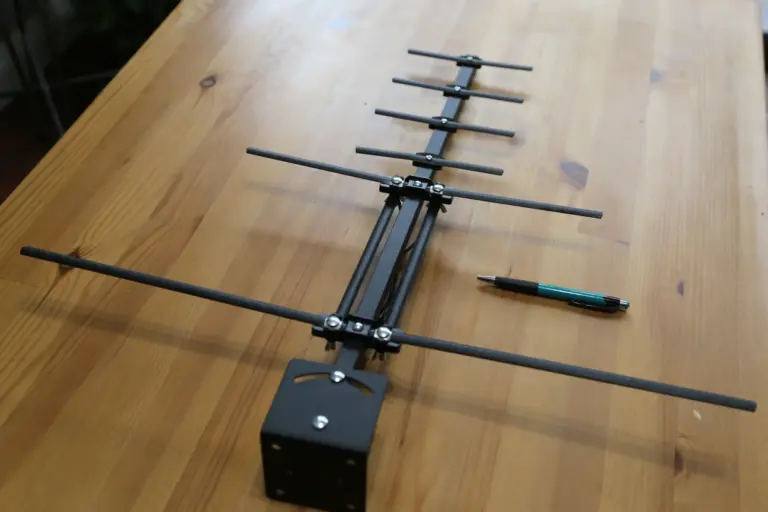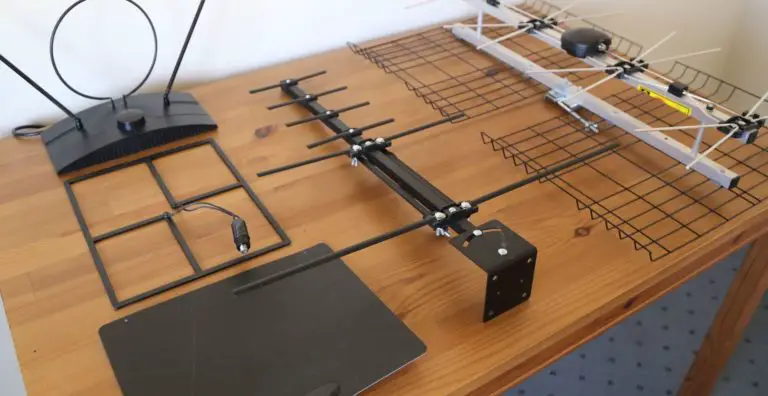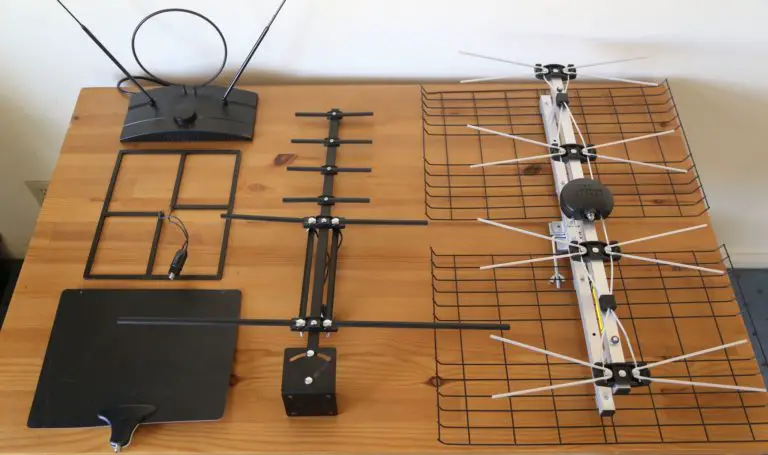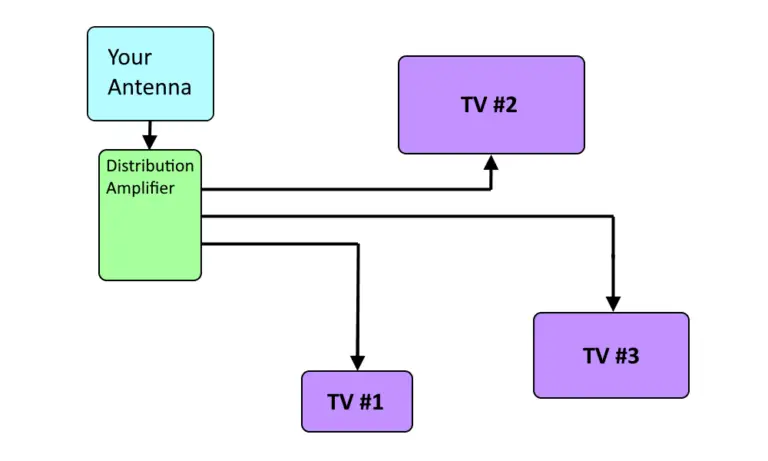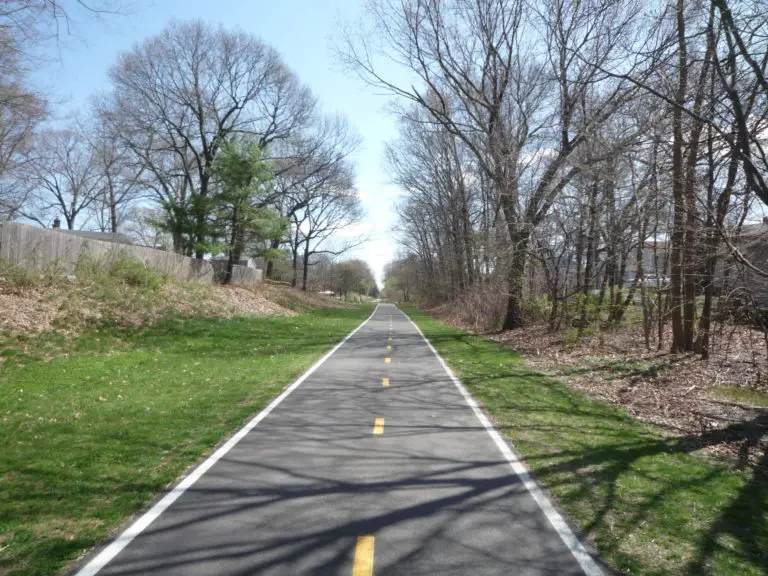Why a TV Antenna Might Be Your Best Friend During the Next Disaster
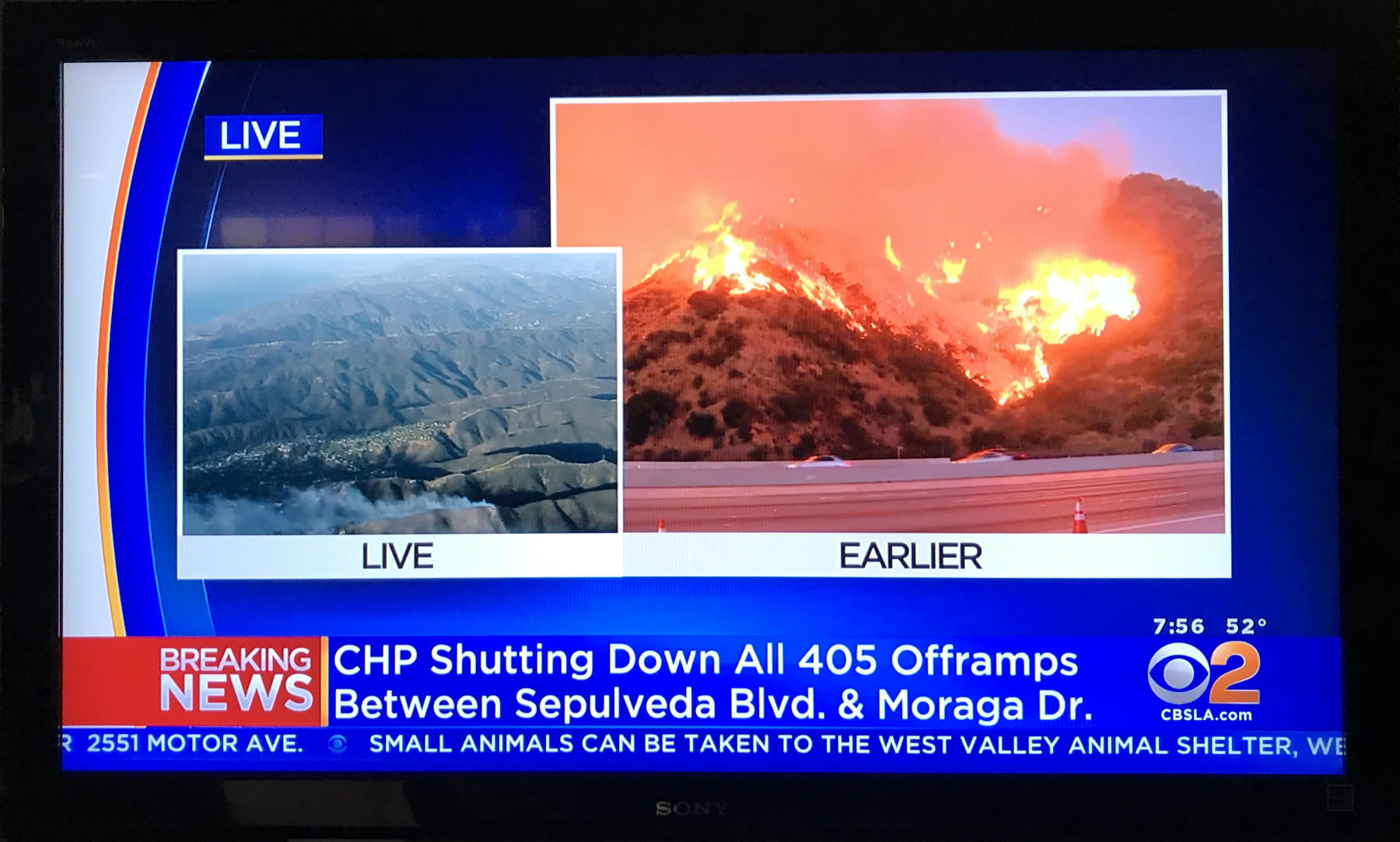
The easiest way to get live local news in real-time during disasters is often from broadcast TV news coverage.
A TV antenna might seem like an anachronism; something no longer needed, especially with the plethora of streaming services available today. But, in the past year or so, I’ve been so glad to have access to free broadcast TV through my antenna.
The reason is this: Broadcast TV is the most reliable medium for getting real-time news in times of crisis, surpassed only by a battery-powered radio (because that will work even if the power goes out).
Cable and Internet Infrastructure is Vulnerable
Cable and Internet service can be pretty flaky, even when there isn’t a disaster happening. How often does your Internet go down even when everything is normal? During a natural disaster such as a severe storm, earthquake, or flood, the Internet infrastructure is that much more vulnerable. All it takes is for the cable or optic fiber to be cut somewhere along the way to your home for you to lose Internet access. Telephone/internet poles go down all of the time during large storms.
And I haven’t even mentioned the possibility of a large-scale cyber attack bringing down the Internet, something that is definitely possible.
Therefore, I think it’s a good idea for those who have strong TV signals in their area to have a TV antenna, which you can use to get the latest news, as well as important information from the government during disasters via the Emergency Alert System (formerly the Emergency Broadcast System).
I know that not everyone can get broadcast TV, unfortunately. Many folks have weak TV signals which are pretty flaky. But if you live in or near a large city, you probably can get free broadcast TV pretty reliably.
My Story
I live in Santa Monica, or basically, Los Angeles, CA. In we had brush fires so close that ash fell from the sky. In 2020 we had riots and looters blocks away from our home and then more fires. Then there was the pandemic of course.
This year (2025), we had unprecedented fires in nearby Pacific Palisades and the Santa Monica Mountains, which we could see from our street!
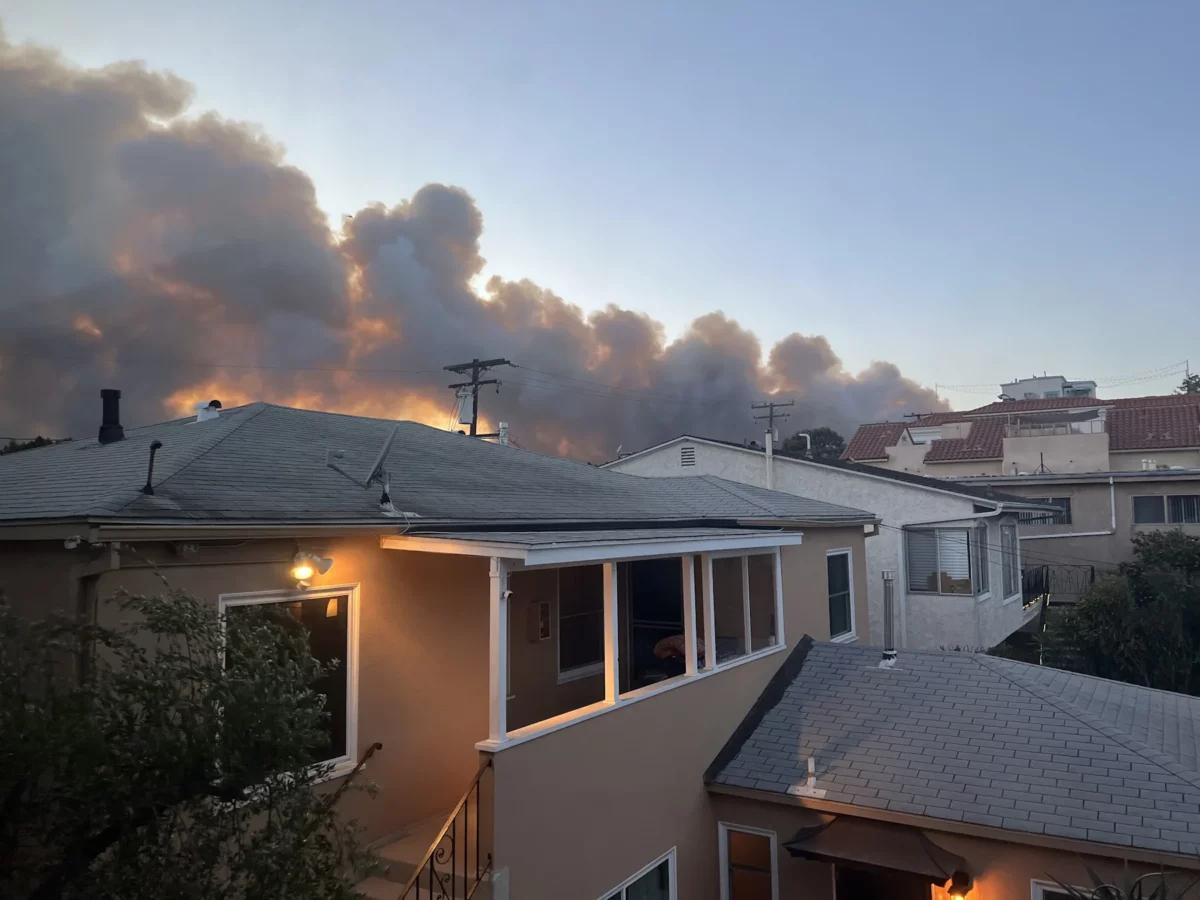
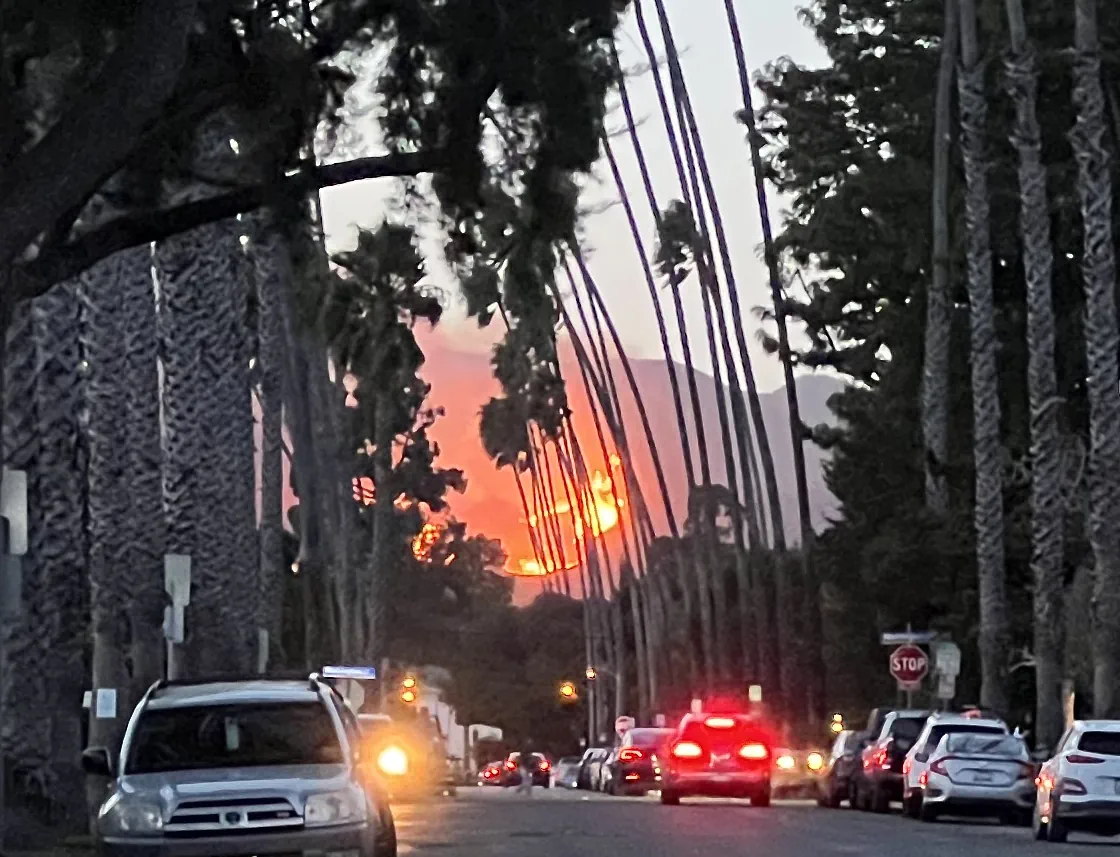
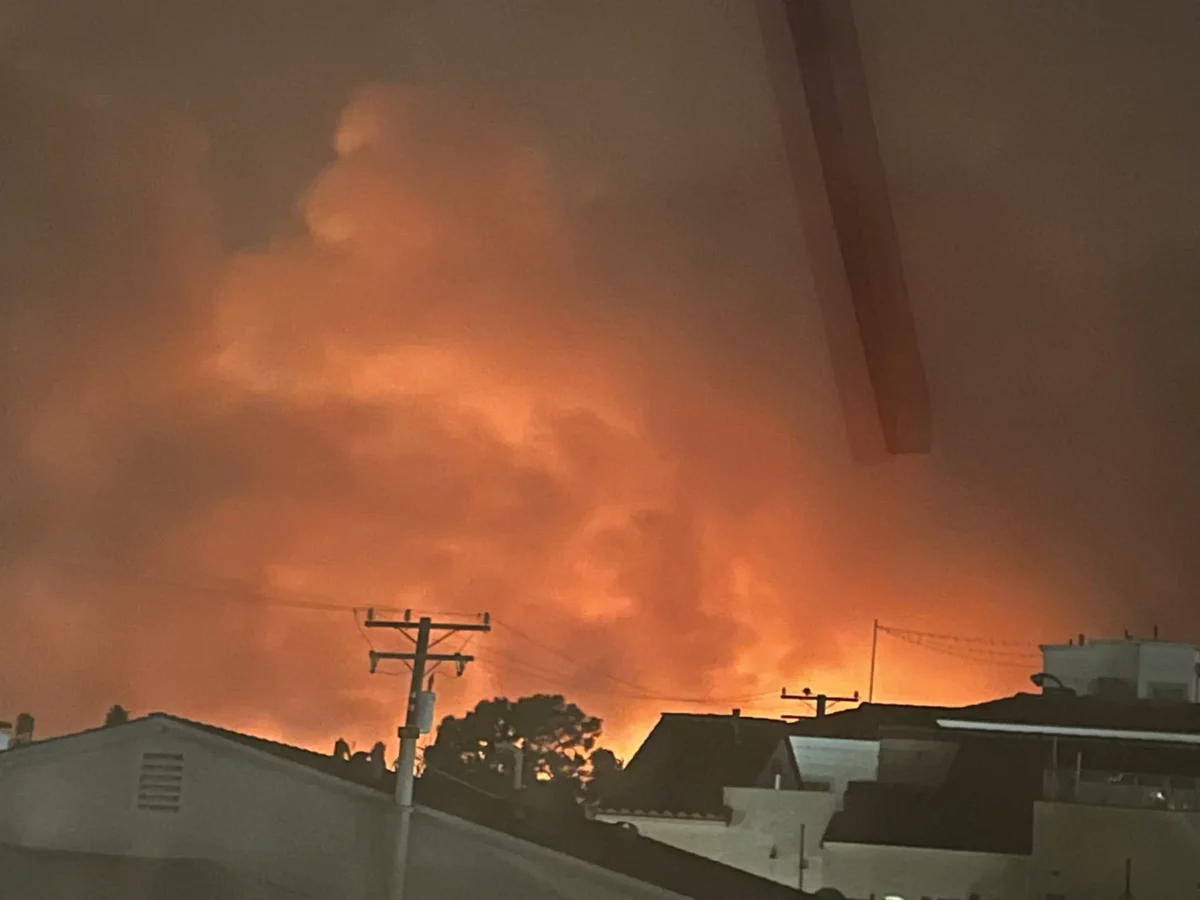
In all of those cases, we relied on free broadcast TV to get the latest local and national news in real-time. Live local TV coverage was key for keeping us immediately informed of the situation.
With the Palisades fire, we were glued to our TV watching local broadcast news (through my antenna) to determine how close the fire was and whether we had to evacuate.
Maybe you don’t have wildfires or earthquakes in your area. But many have other potential natural disasters such as tornadoes, severe storms, and floods.
How to Set Up Your Antenna
So, as part of good disaster preparedness, I’d recommend first visiting the Station Finder to see if there are broadcast strong TV signals in your area. If there are, you can get a low-cost indoor antenna. Set it up to make sure you can receive local stations. The next time your cable or Internet goes out during a crisis, you’ll be glad you have broadcast TV as a backup! – Brian
Here’s my video on our experience during the Palisades fire. Fortunately, we didn’t lose anything but we were watching TV news all day waiting to see if we needed to evacuate.
Keep in Touch – Subscribe for Free
If you liked this article, please sign up for email updates. I’ll send you a note when I publish a new article, no more than once every few months. Unsubscribe any time. – Brian


